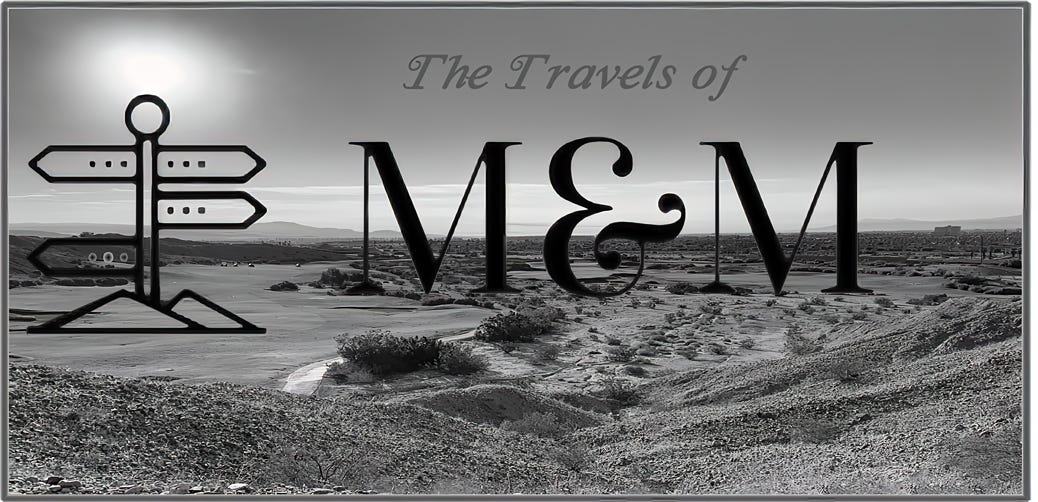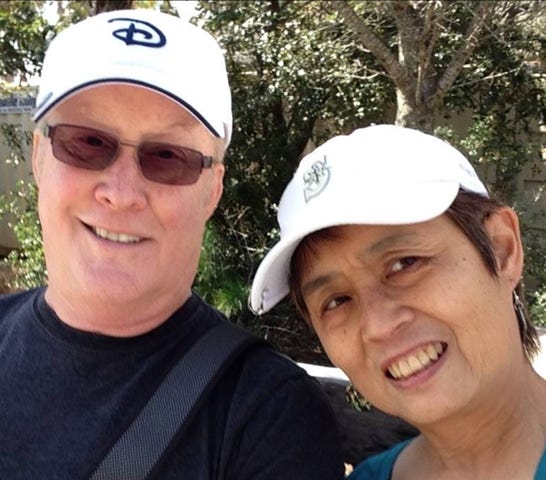

Mediterranean Trip


Mediterranean Trip
Our eighth stop was a return to Turkey and a visit to the Ephesus Museum in Selcuk where artifacts from the site are being catalogued and displayed. Since Ephesus is the largest archeological site on the planet, the museum was of great interest and we were not disappointed.
Kusadasi Castle protecting the harbor.
City identification on the hillside.
Museum was started in 1929, but many of the findings are in London and museums elsewhere.
How water was supplied to Ephesus.
Entrance to the Museum.
Bust of Socrates.
Bust of Marcus Aeralius,
3d Century B.C.
Statue of fertility god, Priapas.
8th to 6th Century B.C.
The Basilica of St John the Apostle is located in Selcuk, near the ancient city of Ephesus,. In fact, much of the Basilica was made up of the Temple of Artemis (one of the world’s greatest structures) and other parts of the city of Ephesus. The story is best explained here: <https://en.wikipedia.org/wiki/Basilica_of_St._John>. It is also the burial place apparently of St. John the Apostle who is the major author of the Bible’s New Testament and was a devoted preacher throughout the area. The Basilica is located across the valley from the ancient city of Ephesus where St John diid many of his orations. The story of St John is best expressed here: <https://overviewbible.com/john-the-apostle/:>.
Description of Basilica,.
Description of site .
Marilynn enjoying the site.
Entrance to the Basilica.
It is assumed that St John the Apostle is buried right here in the Basilica..